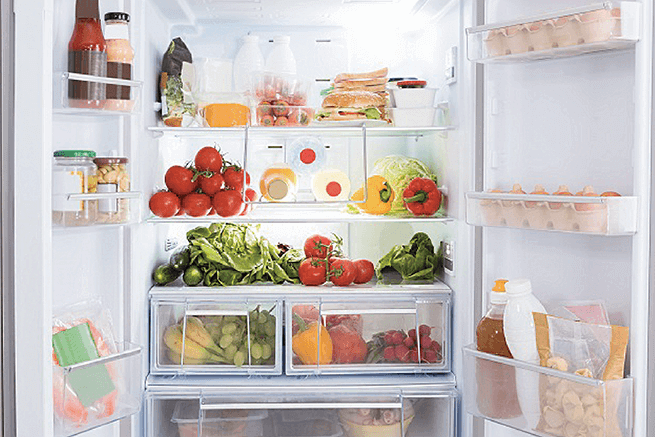Foods You Should Avoid Storing in the Fridge
With the lack of cellars in city life, people usually store their food in the refrigerator. Although many people believe that the refrigerator helps to maintain the nutritional value of food, not all foods are suitable for freezing
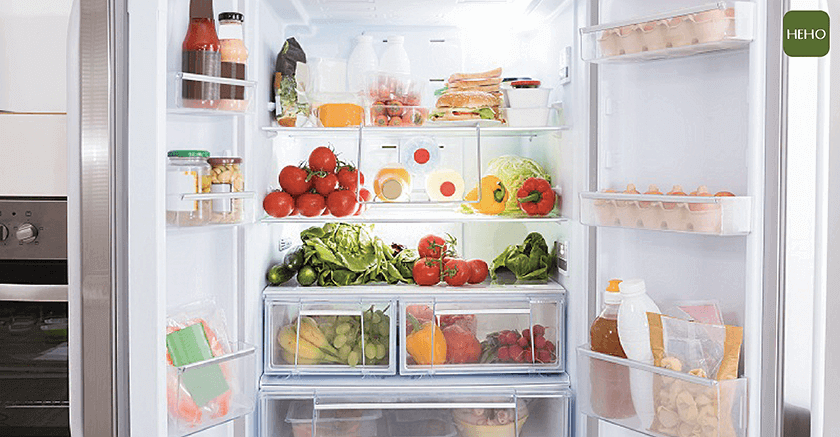
Potato
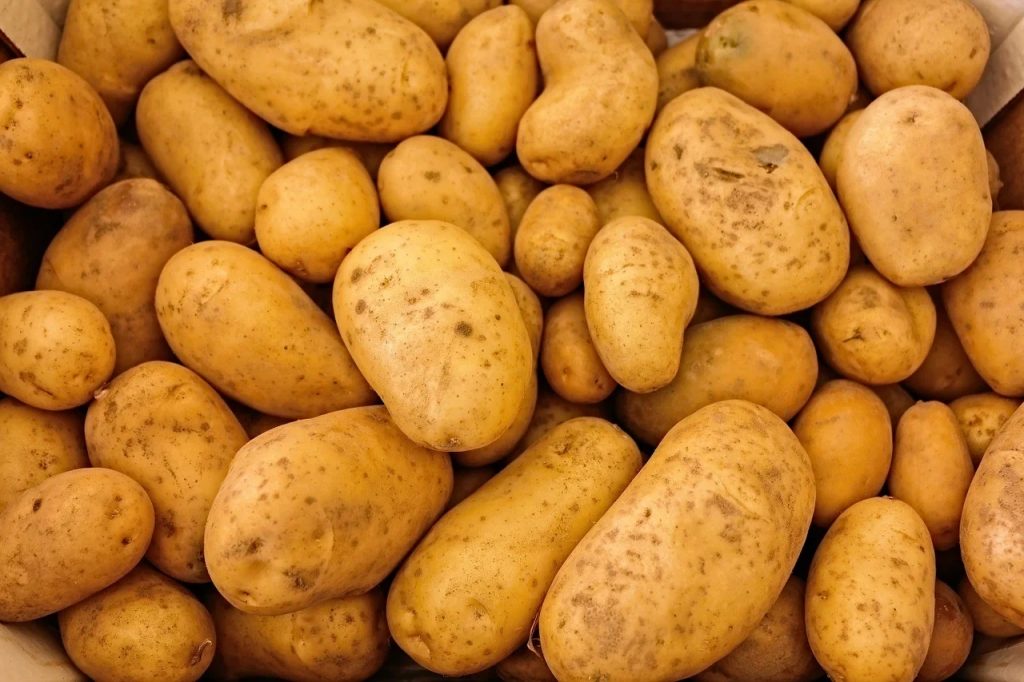
potatoes to sugar, altering their flavor. Potatoes need a cool but not overly cold storage environment, as well as protection from light. Storing potatoes properly ensures that they stay fresh and flavorful. Too much light or cold temperatures can cause potatoes to develop a bad flavor and sprout. Potatoes can be kept at their best for a long time by storing them in a light, cool place such as a closet and using a breathable paper bag.
Bread
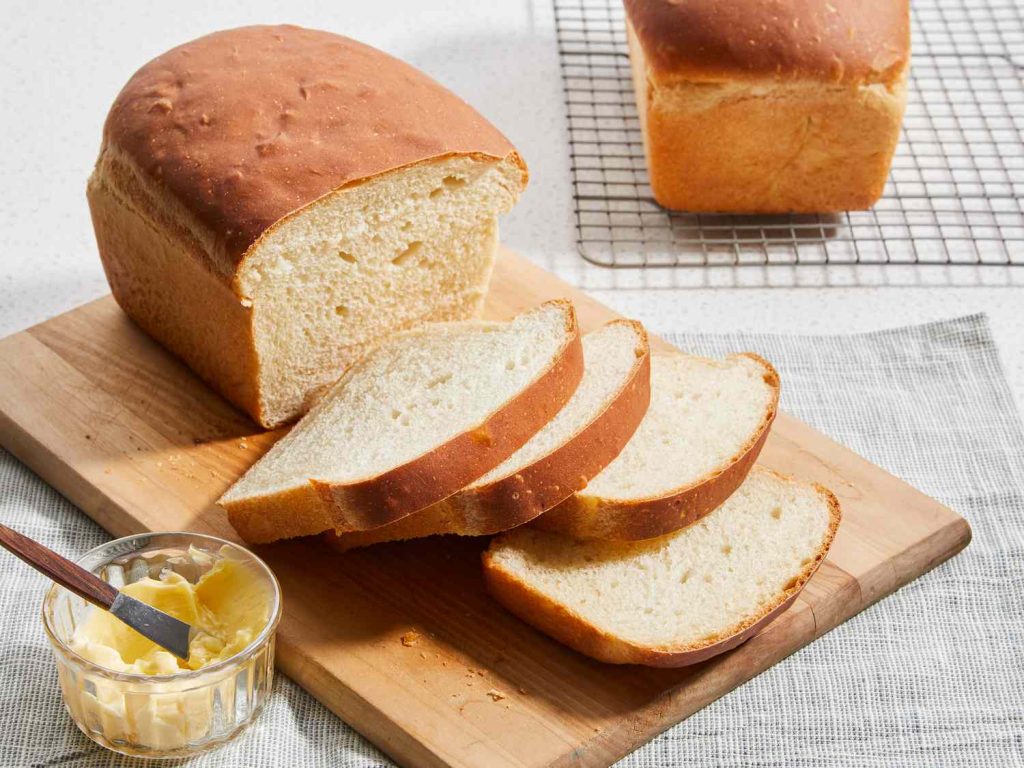
Bread will dry out quickly in the refrigerator. If you plan to eat it within a day or two, it is best to place the bread in a paper bag on the table. When longer storage is needed, bread can be wrapped and placed in the freezer.
To keep bread fresh and flavorful, proper storage is essential. For short-term use, a paper bag on the table will allow the bread to breathe and moisturize. For long-term storage, properly wrapping the bread and freezing it will prevent it from drying out and ensure quality.
Onion

Onions should be stored in a cool, dark place, not the refrigerator. Moisture in the refrigerator can cause onions to mold and soften, leading to their rapid deterioration.
Proper storage is essential to maintain the freshness and quality of onions. Moisture in the refrigerator accelerates onion spoilage. A cool, dark environment keeps onions dry and hard, extending their usable time.
Garlic
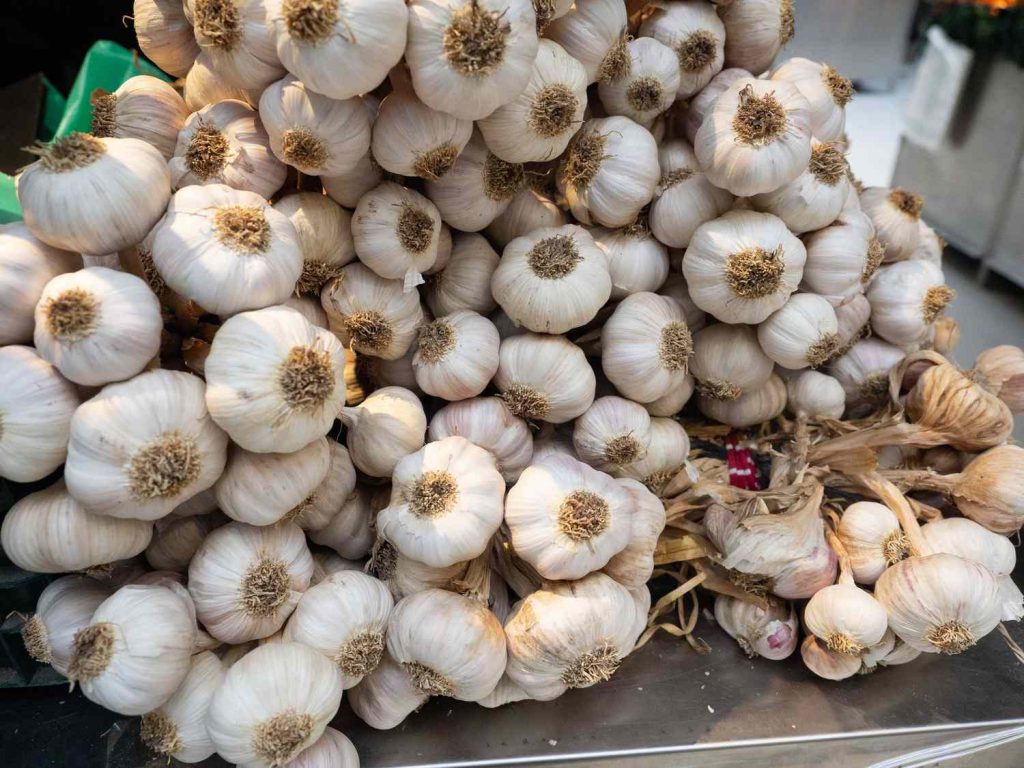
Storing garlic in the refrigerator causes it to lose its beneficial properties and spoil quickly. In the cold, garlic can soften, rot, and even sprout.
Maintaining the quality of garlic requires proper storage. Refrigerators accelerate garlic’s decay and reduce its health benefits. The best way to store garlic is in a cool, dry place to keep it firm and retain its full flavor and nutritional value.
Basil
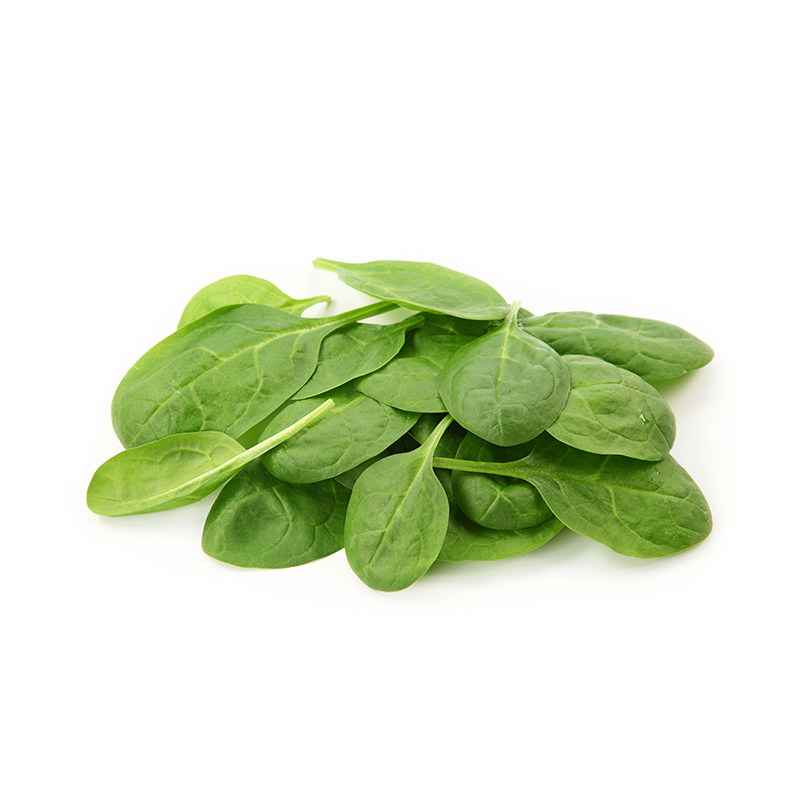
It is recommended to store basil in a glass of water on the table. When placed in the refrigerator, it will absorb odors from other foods. For long term storage, basil should be chopped and frozen in a ziplock bag.
Proper storage is essential to maintaining the fresh aroma and flavor of basil. Placing it in a glass of water on the table will ensure it stays fresh and ready to use. Freezing chopped basil in a ziplock bag preserves its essential oils and flavor for future use.
Honey
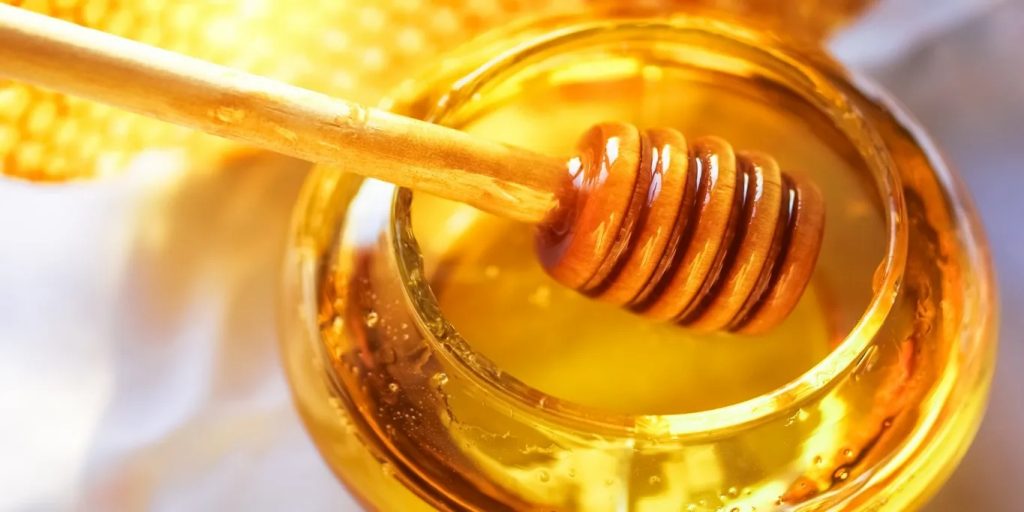
Honey has no shelf life, but it is not recommended to store it in the refrigerator as it will begin to crystallize. It is best to find alternative storage locations for your honey.
Proper storage is essential to maintaining the smooth texture and quality of honey. Although honey can be stored indefinitely, refrigeration can cause it to crystallize and make it more difficult to use. Honey should be stored in a cool, dry room temperature environment to maintain its liquid consistency and natural sweetness.
tomatoes
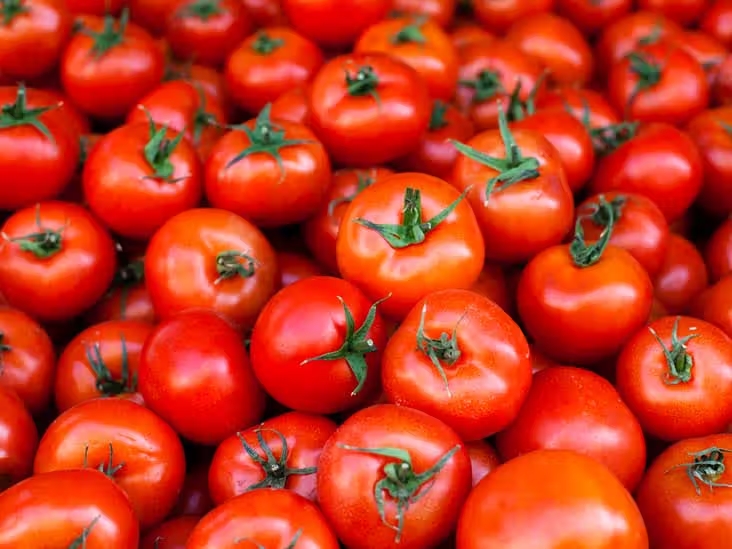
Cold temperatures affect the appearance, flavor and aroma of tomatoes because it disrupts the membranes in the cell walls. Cold temperatures in the refrigerator can interrupt the ripening process of tomatoes, resulting in poor flavor.
Proper storage is essential to maintain the full flavor and texture of tomatoes. Refrigeration prevents them from ripening naturally, resulting in loss of flavor and poor texture. For best flavor, store tomatoes at room temperature and allow them to ripen naturally.
Avocado
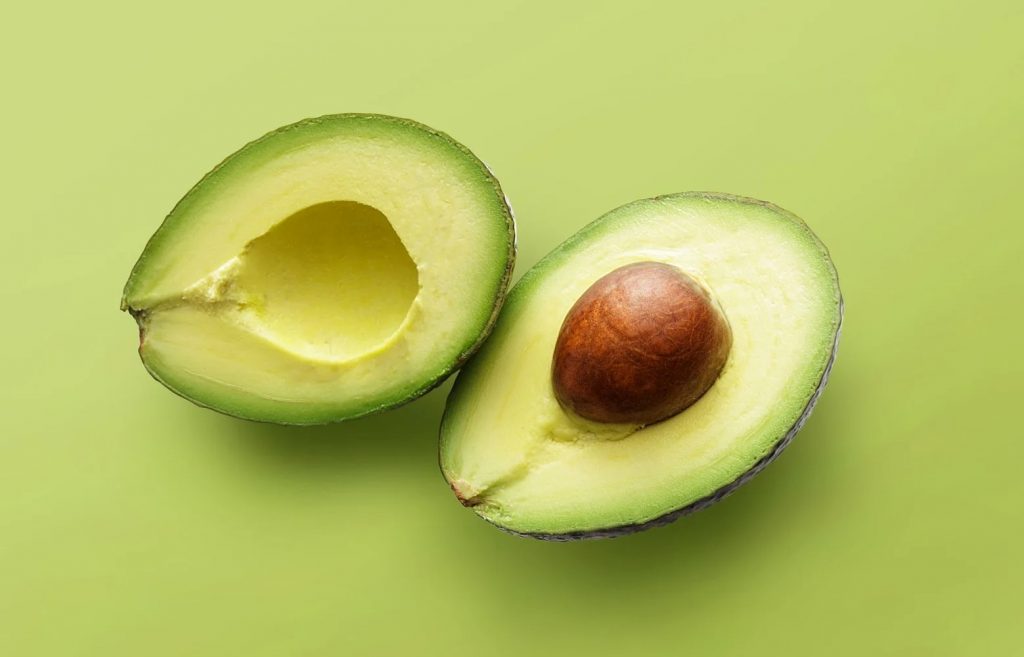
Many people buy avocados with the hope that they will ripen, gain a richer flavor and become soft. However, in the refrigerator, the ripening process stops, causing the fruit to harden.
Proper storage is essential for avocados to achieve their full, creamy texture and flavor. Refrigeration interrupts its natural ripening process, resulting in hardened fruit and reduced flavor. For best results, store avocados at room temperature until they are ripe.
Coffee
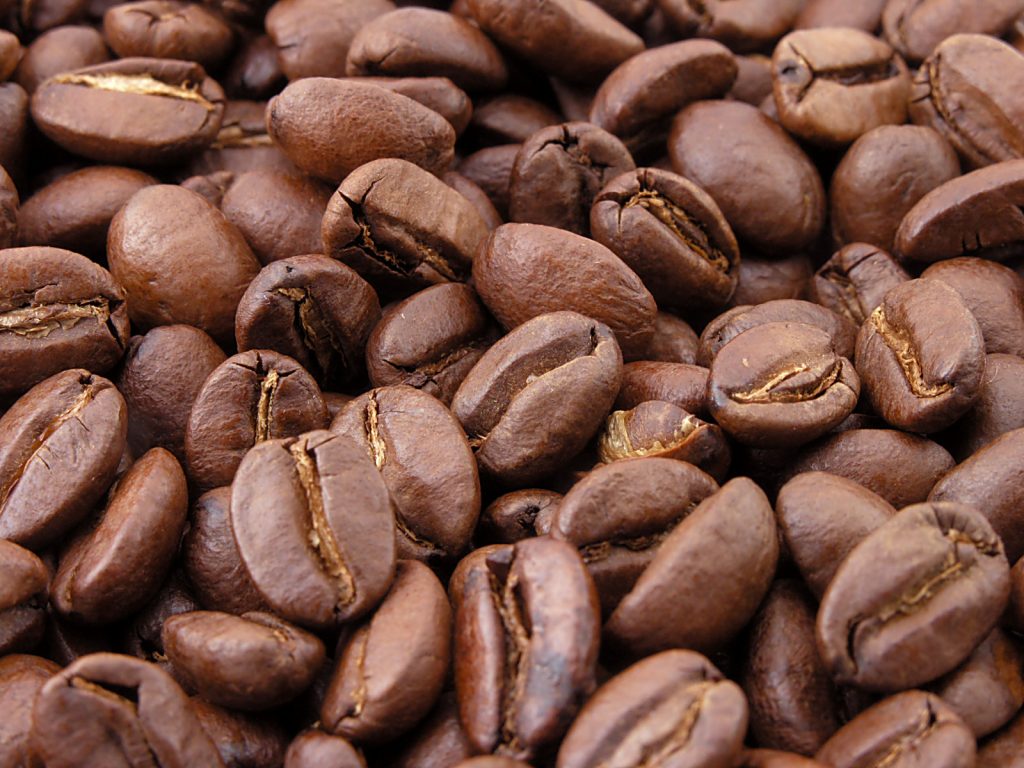
Large quantities of coffee can be stored in the refrigerator freezer. In the refrigerator freezer, coffee will begin to lose its flavor and aroma. In addition, it absorbs the odors of other foods.
Proper storage is essential to maintaining the rich flavor and aroma of coffee. While the freezer can keep large quantities of coffee fresh for long periods of time, storing it in the refrigerator freezer is not recommended. The moisture and odor in the refrigerator can affect the quality of the coffee. Instead, coffee should be stored in an airtight container in a cool, dry place to maintain its optimal freshness.
Olive oil
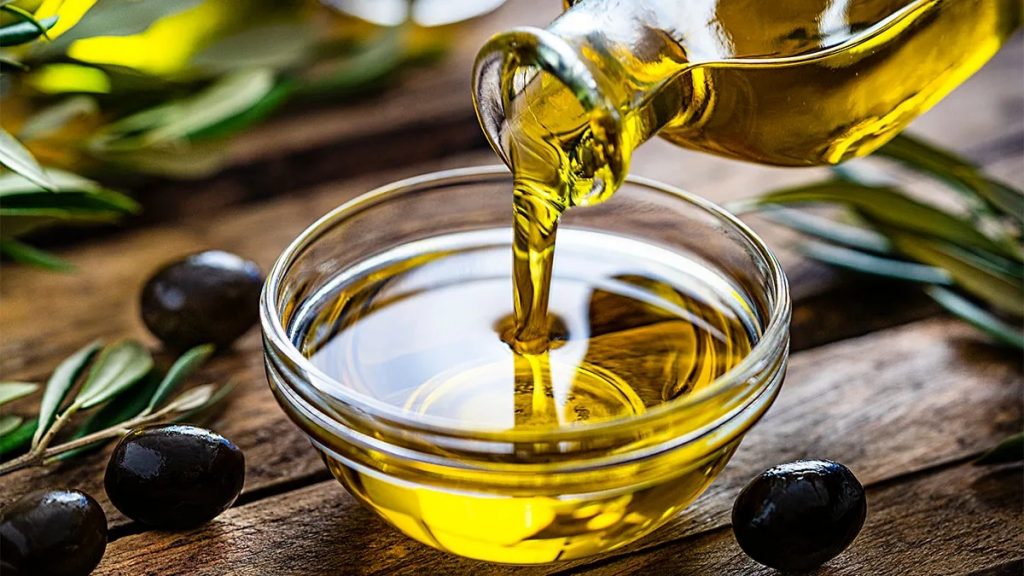
This product is recommended to be stored in a cool dry place. In the refrigerator, the oil will change consistency, color, and aroma. Condensation will fall into it, and it will look like some kind of incomprehensible mixture.
These are the ten foods that are not recommended to be stored in the refrigerator, as they will lose their taste, color, and aroma, as well as all their beneficial properties. It is recommended to find a dry, dark, and cool place, for example, in a kitchen cabinet, or even better, in a cellar. Thus, it is possible to extend the shelf life of these products.

